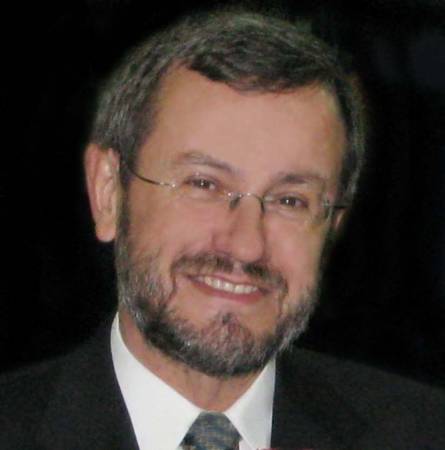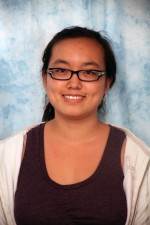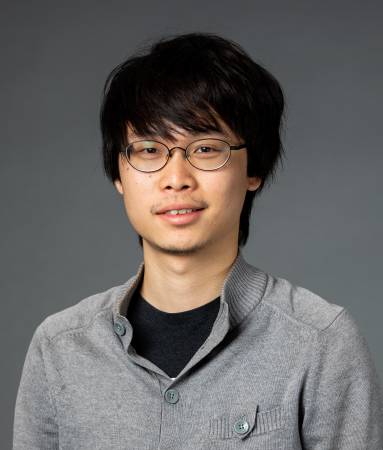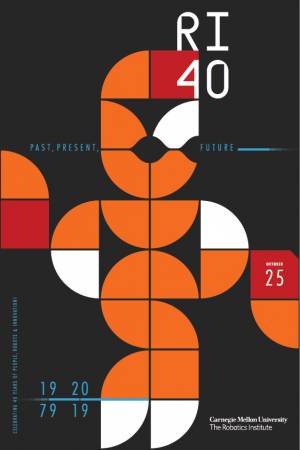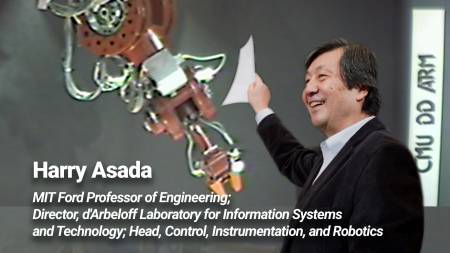Temporal Modeling and Data Synthesis for Visual Understanding
Abstract: In this talk, I will present two recent pieces of work on leveraging temporal information and synthetic data to enhance video and image understanding. In the first part, I will introduce a progressive learning framework, Spatio-TEmporalProgressive (STEP), for action detection in videos. STEP is able to more effectively make use of longer temporal information, [...]
Multiple Drone Vision and Cinematography
Abstract: The aim of drone cinematography is to develop innovative intelligent single- and multiple-drone platforms for media production to cover outdoor events (e.g., sports) that are typically distributed over large expanses, ranging, for example, from a stadium to an entire city. The drone or drone team, to be managed by the production director and his/her [...]
Modeling, Design, and Analysis for Intelligent Vehicles: Intersection Management, Security-Aware Design, and Automotive Design Automation
Abstract: Advanced Driver Assistance Systems (ADAS), autonomous functions, and connected applications bring a revolution to automotive systems and software. In this talk, several research topics in the domain of automotive systems and software will be introduced: (1) graph-based modeling, scheduling, and verification for intersection management, (2) security-aware design and analysis considering timing, game theory, and [...]
Carnegie Mellon University
Open-world Object Detection and Tracking
Abstract: Computer vision today excels at recognition in narrow slices of the real world. Our systems seem to accurately detect cats, cars, or chairs, but largely ignore the vast diversity of objects in the world that are absent from our training datasets. Perception in the open world, however, requires detecting and tracking any object, regardless [...]
Carnegie Mellon University
Personalized and weakly supervised learning for Parkinson’s disease symptom detection
Abstract: Parkinson's Disease (PD) is a neurodegenerative disorder that affects approximately one million Americans. Medications exist to manage the symptoms, but doctors must periodically adjust dosage level and frequency as a patient's disease progresses. These adjustments are typically based on observations made during short clinic visits, which provide an incomplete picture of a patient's daily [...]
VR facial animation via multiview image translation
Abstract: A key promise of Virtual Reality (VR) is the possibility of remote social interaction that is more immersive than any prior telecommunication media. However, existing social VR experiences are mediated by inauthentic digital representations of the user (i.e., stylized avatars). These stylized representations have limited the adoption of social VR applications in precisely those [...]
Neural Volumes: Learning Dynamic Renderable Volumes from Images
Abstract: Modeling and rendering of dynamic scenes is challenging, as natural scenes often contain complex phenomena such as thin structures, evolving topology, translucency, scattering, occlusion, and biological motion. Mesh-based reconstruction and tracking often fail in these cases, and other approaches (e.g., light field video) typically rely on constrained viewing conditions, which limit interactivity. We [...]
RI40: Past, Present, and Future
Please plan to join us on Friday, October 25, 2019 as we celebrate 40 years of people, robots, and innovation! 40 years ago Carnegie Mellon University’s Robotics Institute opened its doors with the dream of ushering in a new age of thinking robots. During the ensuing decades, we have experienced many research successes in intelligent [...]
RI40 Seminar: From Direct-Drive to SuperLimb Bionics
In 1980-81 the first Direct-Drive robot was developed at the CMU Robotics Institute. After almost 40 years, Direct-Drive has a renewed interest in the leg robotics community. Robotic legs powered by direct-drive or low gear-reduction motors can better interact with the ground and absorb impacts. In this seminar I will talk about robot design in [...]

